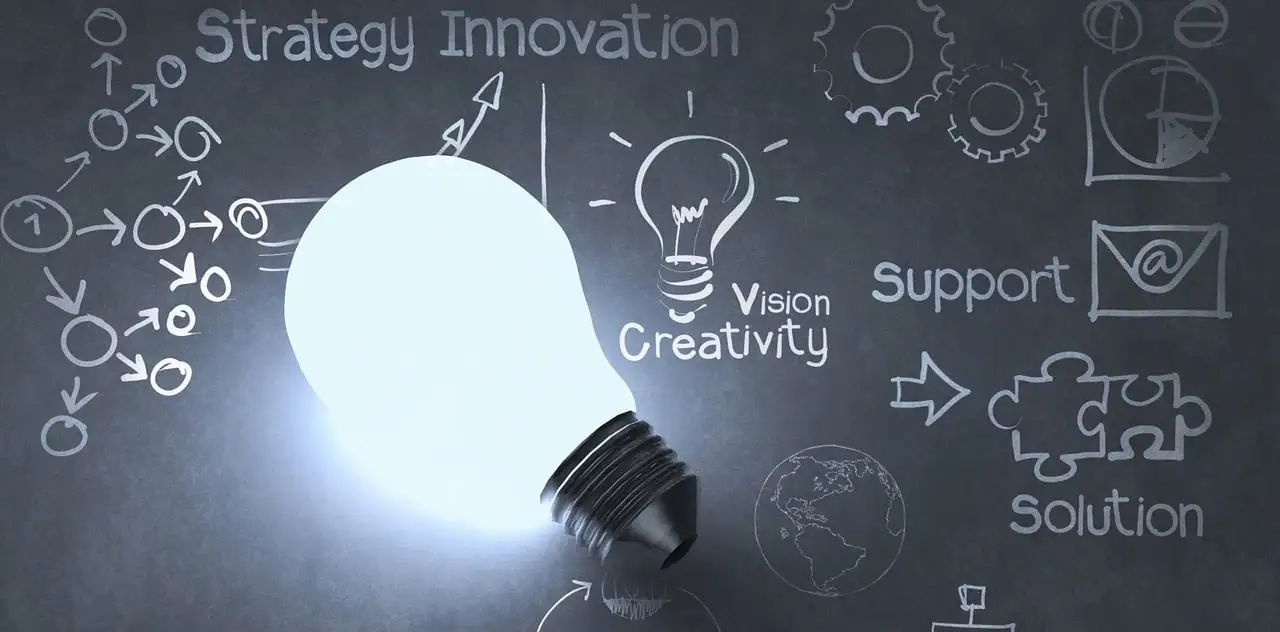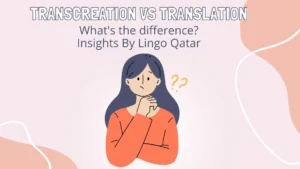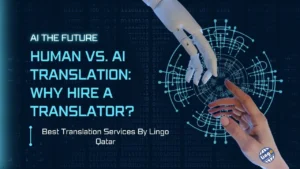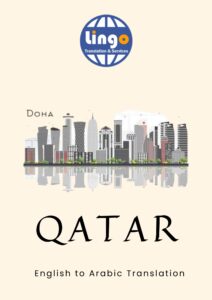Bridging the Knowledge Gap: How Technical Translation Powers Advancements in Science and Education
In an increasingly globalized world, effective communication through multilingual mediums must be emphasized. Various industries, particularly those in science and education, greatly benefit from this trend, with technical translation services playing a significant role in their progress. This intersection of linguistics and technology is vital for bridging knowledge gaps across different language speakers and propelling advancements in both fields.
Technical translation involves the conversion of documents related to technical and specialized disciplines, including scientific, engineering, and computer sciences, among others. Professional technical translation is distinguished by its meticulous process of translating technical jargon from one language to another. It requires a translator who demonstrates linguistic proficiency and an in-depth understanding of the subject matter.
Types of Technical Translation
Technical translation can be categorized into several types. One popular format is patent translation, which is crucial for international businesses that require their inventions and exclusive processes to be understood and protected in several countries.
Next, we have software translation, where software interfaces, user manuals, and help files are translated into other languages, allowing users worldwide to utilize digital tools effectively. Similarly, technical manual translation involves the conversion of user guides, manuals, and procedure documents for various products.
Furthermore, there has been an increase in the demand for translating academic and scientific papers, which fall under the technical translation category. Notably, these documents often use a form of language known as technical English, a specific jargon filled with specialized terms and phrases.
The Importance of Professional Technical Translation
The significance of professional technical translation is twofold: enhancing the propagation of scientific knowledge and promoting accessibility in education.
In the scientific domain, research is a worldwide collaborative endeavor. Scientific findings are shared across globe-spanning networks, accelerating knowledge and innovation. Several global initiatives like large-scale collaborative biomedical research, weather monitoring, and space exploration highlight the importance of technical language translation. It strengthens international cooperation by eliminating language barriers that could hinder data sharing, theories, and innovations.
Technical Translations In Education
In education, accessibility is critical to nurturing an inclusive learning environment. Technical translations support this by providing educational resources in various languages. In digital learning platforms, for example, learners can access materials, lectures, and courses in their native language, reducing the disadvantage of non-English speakers. This global sharing of knowledge is significantly enhanced with services like translation online, which make translating text from one language to another much faster and accessible, even for less commonly spoken languages.
Even with this, achieving effective technical translation is a challenging task. It has distinct challenges and translation requirements beyond language proficiency. Crucially, technical translators must have an extensive understanding of the subject matter the text pertains to and the technical terms used. Therefore, translators are often specialists in the field they are translating for, holding degrees or possessing professional experience.
English to Spanish Technical translation
A critical contribution of professional technical translation is its role in translating texts from English, the most common language of scientific texts, to other languages. This is particularly true for Spanish-speaking countries. Technical translation from English to Spanish is essential in both the science and education sectors, allowing Spanish-speaking scientists to participate in global dialogues and providing Spanish-speaking students access to a larger pool of educational content.
The Practice of Technical Translation: Processes and Challenges
As with any art, technical translation involves specific processes and challenges. It starts with understanding the original text, its terminology, context, and implied meanings. After understanding the material, the translator can begin the actual conversion process, ensuring that the technical terms are correctly translated, maintaining the style and tone of the document, and checking for consistency.
Common Challenges
Some common challenges that technical translators face include language ambiguities, cultural nuances, technical jargon, and evolving language trends. One common problem is the need for equivalent terms in the target language, making conveying the exact meaning of technical terms challenging. However, experienced translators utilize their understanding of the language and the specific technical area to overcome these challenges.
It is also important to note that as technology evolves, so does the field of technical translation. With the rise of machine learning and artificial intelligence, there has been a surge in the use of automated translation tools. However, while these technologies are gaining ground, they must accommodate human translators.
Technology Progresses
As technology progresses and the world becomes more interconnected, the need for professional technical translation will continue to grow. However, while advancements in phrase recognition and machine translation are promising, the complexity of technical translations necessitates the input of human expertise.
Technical translation is not just about converting words from one language to another; it also conveys the text’s underlying ideas, concepts, and details. Doing so serves as a gateway, paving the way for scientific advancements and educational growth, actually serving as the bridge in bridging the global knowledge gap.
Concluding Remarks
Navigating the complex waters of technical translation may be demanding, but the rewards, particularly in science and education, are significant. Through professional technical translation services, barriers are broken, allowing individuals worldwide to share ideas, engage in dialogues, understand concepts, and access vital resources without language restrictions.
In essence, technical translation helps to democratize knowledge, making the world less divided by language and more united in understanding. Its role in driving progress in science and education is undeniable, and its continued growth remains a critical pillar in developing an increasingly globalized society.
Services like patent translation, software translation, technical manual translation, and the ever-expanding world of online translation are an integral part of the effort to bridge the worldwide knowledge gap. The collaborative synergy of linguistic expertise and technical knowledge is a powerful testament to how effective communication can drive progress and open doors to unlimited possibilities.
Creativity indeed knows no language, but it requires a skilled translator to transform these universal ideas into a locally understood vernacular, allowing everyone, regardless of their mother tongue, to participate in the global march towards scientific and academic progression. Technical translators, then, are at the forefront of this march, guiding the world toward a more interconnected future.





